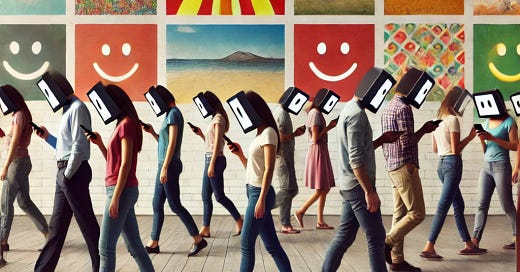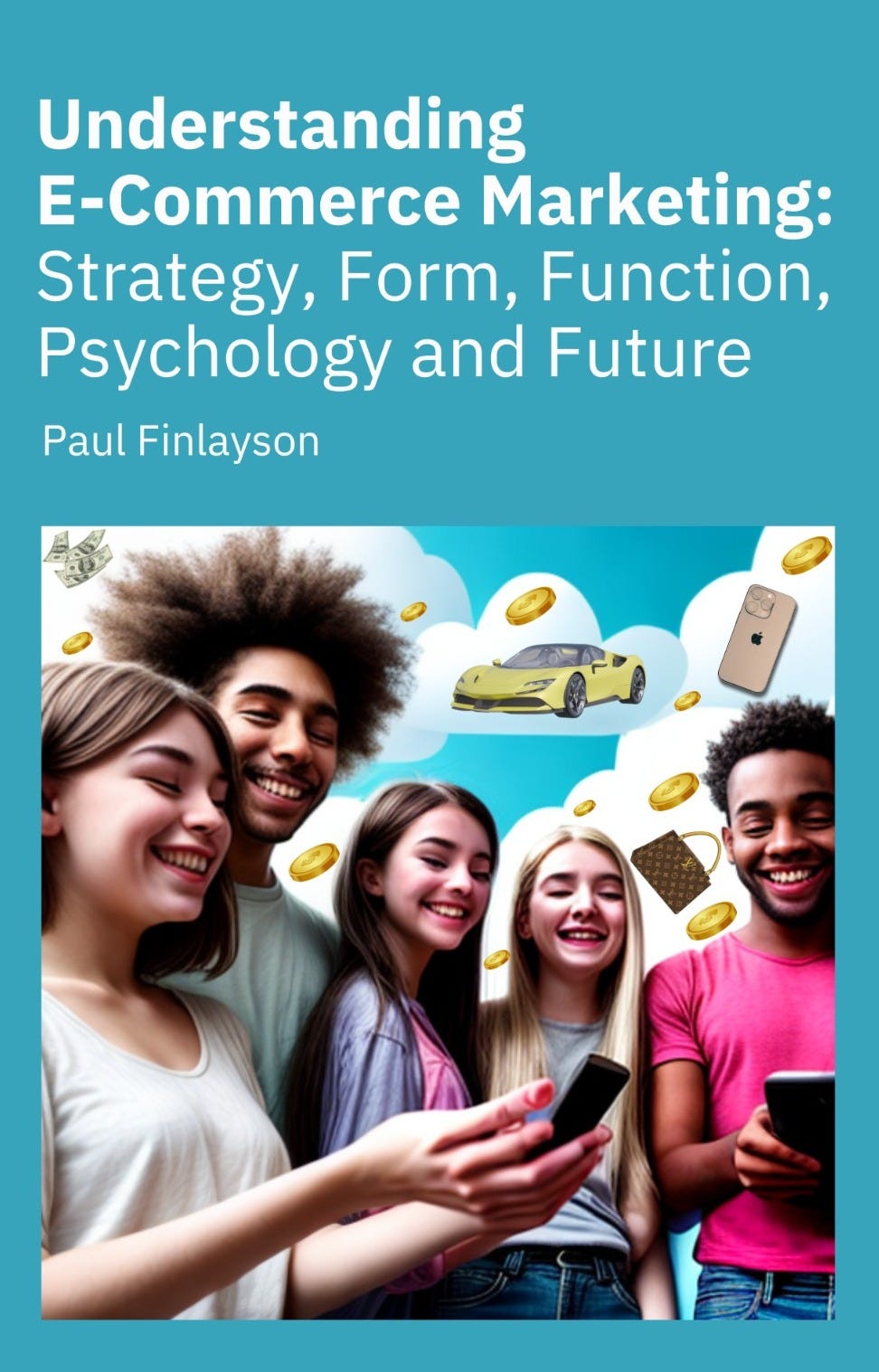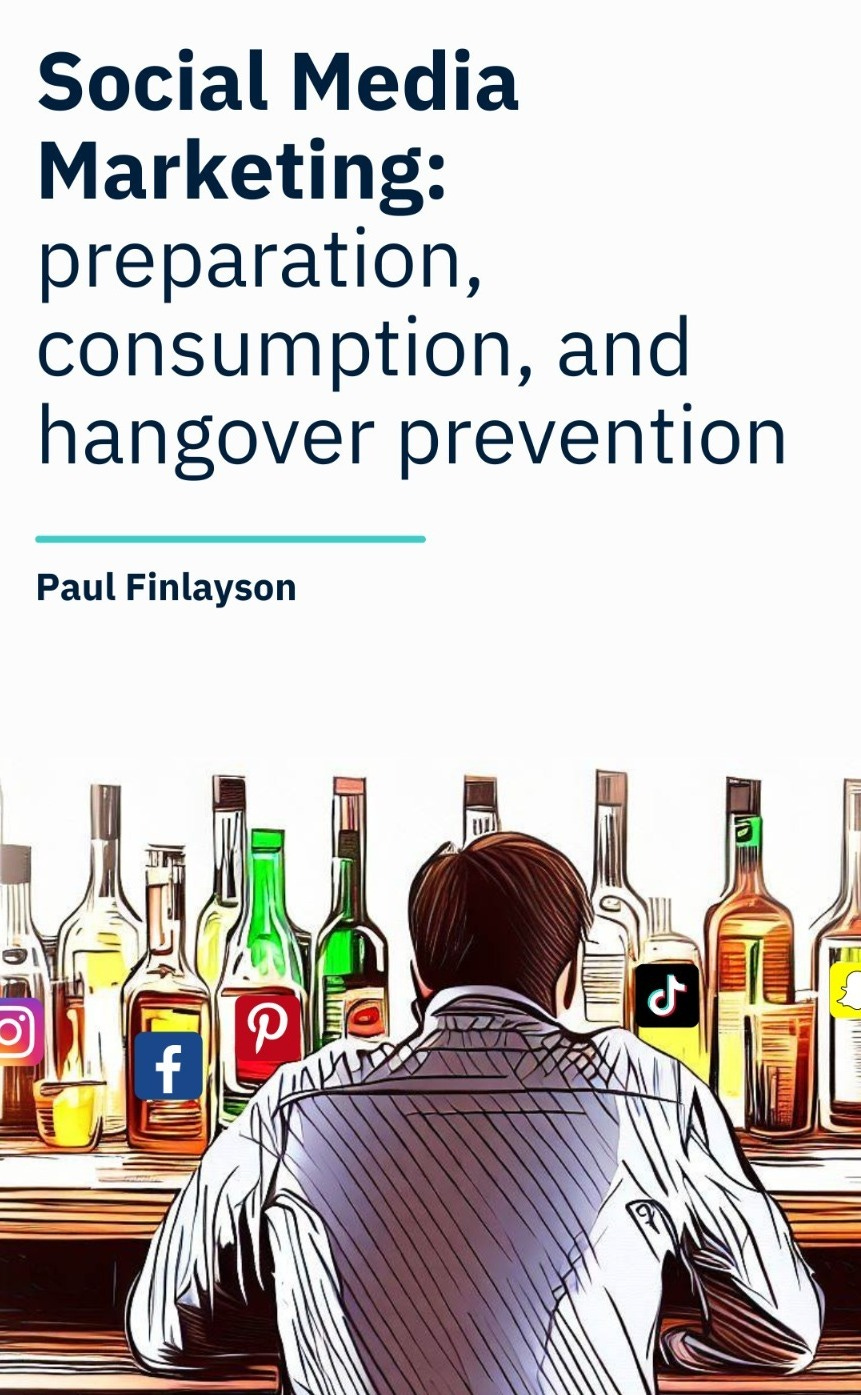-----------------------------
If you believe in the importance of free speech, subscribe to support uncensored, fearless writing—the more people who pay, the more time I can devote to this. Free speech matters. I am a university professor suspended because of a free speech issue, so I am not speaking from the bleachers. The button below takes you to that story.
Please subscribe and get at least three pieces /essays per week with open comments. It’s $6 per month and less than USD 4. I know everyone says hey, it’s just a cup of coffee (with me, not per day but just one per month), but if you’re like me, you go, “Hey, I only want so many cups of coffee!”
But I only ask that when you choose your coffee, please choose mine. Cheers.
____________________________________________________________________
Five Reasons Why The Digital Age Is Destroying Communication
This post starts very defensively: I'm posting two book covers of my texts on digital communications that have sold less than 500 copies. Combined.
What course do I teach? Oh, right, marketing. But my point is that I am not an ageing Luddite, and I am not anti-digital.
I am only aware of opportunity cost and the dangers of persisting in ‘communication’ that does not involve people speaking together in the same space where they are porting their skin suits and full biological apparatuses. I am promoting the importance of still having a conversation and not running any operations where employees never talk face to face and only offer up bursts of digital verbiage and then wait for responses.
Keep reading with a 7-day free trial
Subscribe to Freedom to Offend to keep reading this post and get 7 days of free access to the full post archives.








